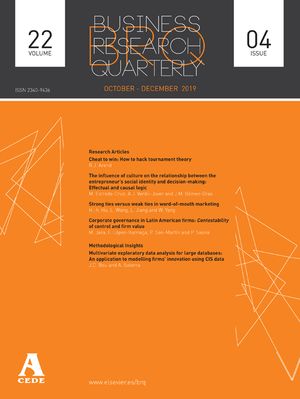This paper explores which types of firms benefit more from the R&D fiscal incentives and the effect of this type of instrument on the performance of R&D activities. Spain is considered the most generous countries in the OECD in fiscal treatment of R&D, yet our data reveal that tax incentives are little known and, especially, seldom used by firms. Restricting our empirical analysis to those firms that do report knowing about such incentives, we investigate the average effect of tax incentives on innovation, using both nonparametric methods (matching estimators) and parametric methods (Heckman's two-step selection model). First, we find that large firms, especially those that implement innovations, are more likely to use the tax incentives, while small and medium enterprises encounter some obstacles to using them. Secondly, the average effect of the policy is positive, but significant only in large firms. Our main conclusion is that tax incentives increase innovative activities by large and high-tech sector firms, but may be used only randomly by small medium enterprises.
Este trabajo analiza qué tipo de empresas se benefician más de los incentivos fiscales a la inversión en I+D y el efecto que tienen sobre la inversión en I+D. España se considera el país más generosos en el tratamiento fiscal de este tipo de inversión si bien los datos muestran que los incentivos fiscales se conocen poco y, sobre todo, que se aplican escasamente. Restringiendo nuestro análisis a la submuestra de empresas que declaran conocer los incentivos fiscales, se investiga el efecto promedio de los incentivos fiscales sobre la inversión en I+D utilizando métodos econométricos paramétricos (modelo de selección en dos etapas de Heckman) y no paramétricos (estimadores matching). Obtenemos que, en primer lugar, las empresas grandes (especialmente las innovadoras) son las que tienen más probabilidad de aplicar los incentivos fiscales, mientras que las pequeñas y medianas empresas (pymes) encuentran más dificultades en su aplicación. En segundo lugar, el efecto promedio de la política es positivo, si bien solo estadísticamente significativo en las grandes empresas. La principal conclusión del estudio es que los incentivos fiscales se aplican aleatoriamente en las pymes pero no en las grandes empresas y aquellas que operan en sectores de alta-media intensidad tecnológica que valoran sus beneficios con un efecto positivo en sus actividades de innovación.
We are grateful for comments from Isabel Busom (Universidad Autónoma of Barcelona), José María Labeaga (IEF, Spain), Pierre Mohnen (UNU-MERIT University, Maastricht) and Joaquín Artés (Universidad Complutense, Madrid) and from seminar participants at the Applied Economics Meeting in Logroño (Spain), the Symposia of Economics Analysis in Granada (Spain) and the Public Economics Meeting in Salamanca (Spain). We acknowledge financial support from project n° 2007/4162/001 provided by the Spanish Fiscal Studies Institute, project n° 03963 provided by Education and Science Spanish Ministry and project n° 0059 provided by Comunidad de Madrid.




